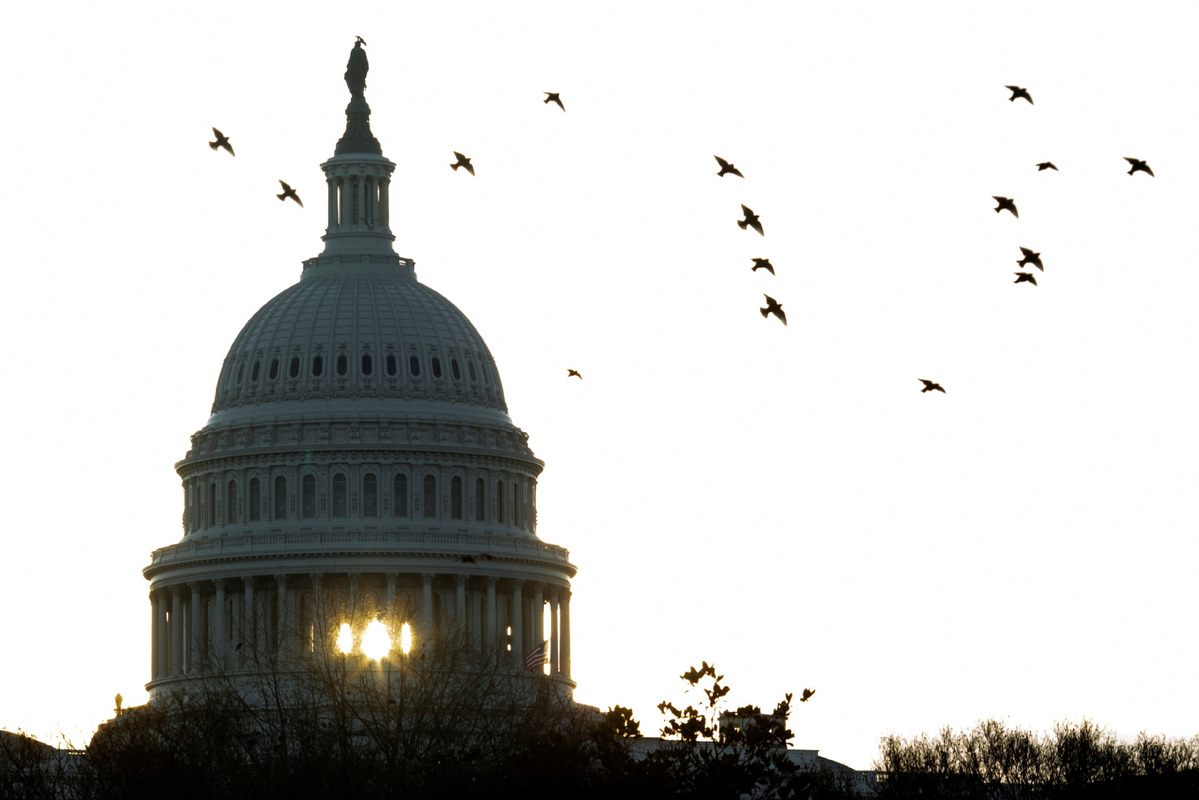Pentagon gunning to get Hollywood on board


The Pentagon adjusted its policy regarding its cooperation with Hollywood on films on Wednesday, saying that it "will not provide production assistance when there is demonstrable evidence that the production has complied or is likely to comply with a demand from the Government of the People's Republic of China… to censor the content of the project in a material manner to advance the national interest of the PRC", according to the Defense Department document obtained by the media.
Reportedly, the move was triggered by several trailers for Top Gun: Maverick, which had the flag of Taiwan island and the Japanese flag removed from Captain Pete "Maverick" Mitchell's iconic flight jacket. Chinese company Tencent, one of the film's investors, pushed for that move, though after criticism from the United States, the company dropped its investment, and the flags were returned to Maverick's jacket.
The "casual relations" between the two incidents expose how far the US government is willing to go to antagonize China irrespective of the nature of the cause.
The Rising Sun Flag was adopted as the war flag of the Imperial Japanese Army, and it is still flown by the Japanese Self-Defense Forces. In the same way that the Swastika and other Nazi signs are strictly forbidden for public display in many countries, the Japanese flag is banned in China.
As for the flag of Taiwan island, it must be pointed out that the Government of the PRC is the sole representative of the country, to which both sides of the Taiwan Strait belong. That is recognized by not only the United Nations and the majority of the world, but also in the three joint communiques between Beijing and Washington, which are a key political foundation of the Sino-US diplomatic relations. The Five-Star Red Flag is the national flag of the country according to the Constitution of the PRC, and the flag adopted by the island has no legal basis at all, and as such is not allowed to be openly displayed in the country, and doing so constitutes a grave violation of the Anti-Secession Law of China.
The cooperation in the film industry between the two sides has generated win-win results. The US Defense Department's policy adjustment is apparently aimed at creating a chilling effect for the sector as part of the US' China-containment strategy.
The Pentagon should have felt relieved that so many Hollywood blockbusters that it has supported over the years have achieved remarkable business success in the Chinese market, even if none of them have shown any shame in sanctifying US values and lauding the US military, which is guilty of numerous wars of aggression, as the savior of the world.

































